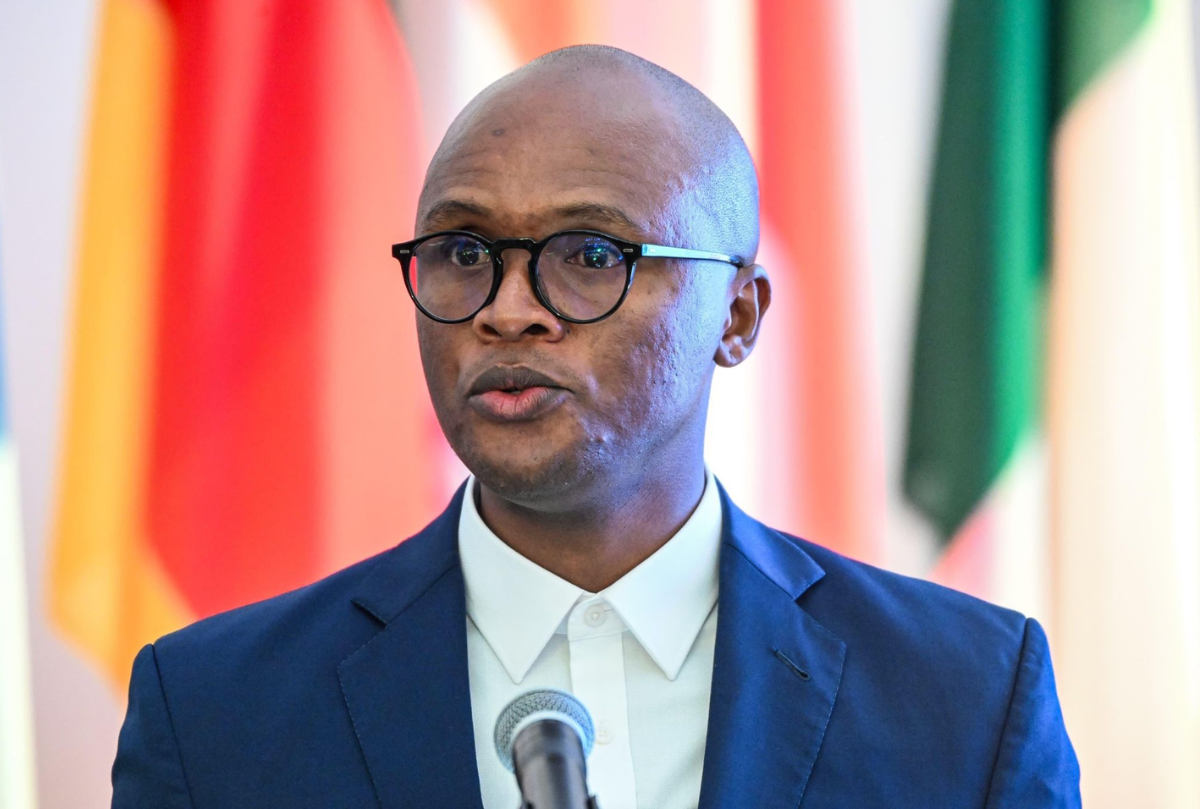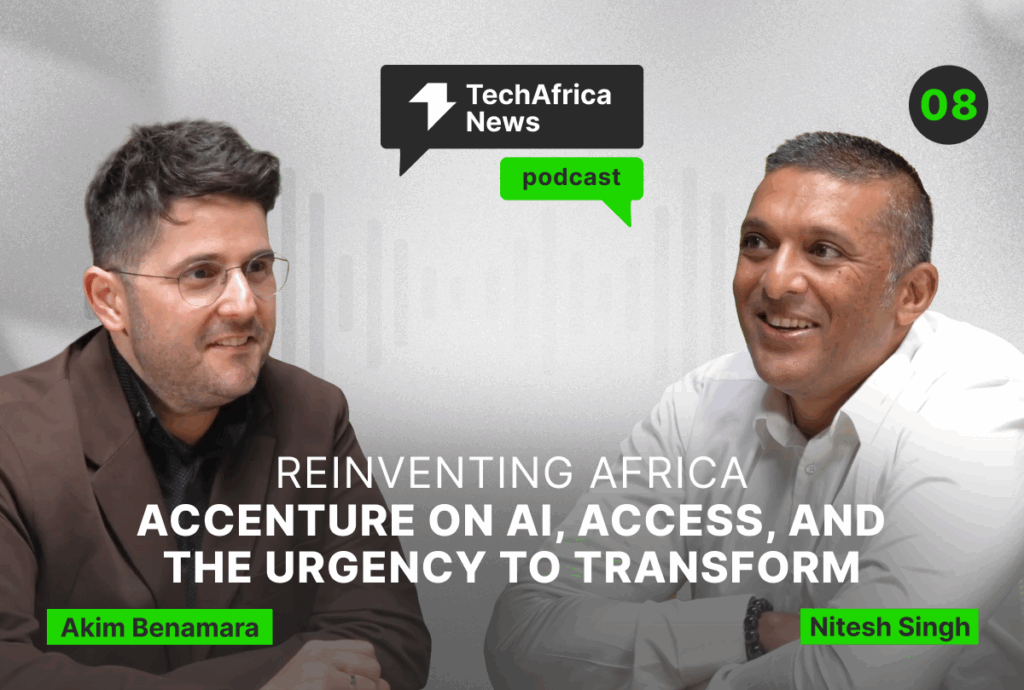Malatsi Charts Roadmap for Smart Government at GovTech 2025
He acknowledged the country’s progress in expanding connectivity, rolling out new technologies, and removing regulatory barriers, but noted that challenges remain, particularly around high connectivity costs for low-income households, limited device affordability, fragmented systems, and lack of data interoperability.

Minister of Communications and Digital Technologies, Solly Malatsi, MP, delivered the opening address at GovTech 2025 in eThekwini, KwaZulu-Natal, where he called for accelerated efforts to advance South Africa’s digital transformation. He acknowledged the country’s progress in expanding connectivity, rolling out new technologies, and removing regulatory barriers, but noted that challenges remain, particularly around high connectivity costs for low-income households, limited device affordability, fragmented systems, and lack of data interoperability.
Malatsi stressed that digital government is not just a policy ambition but a key enabler of South Africa’s future. He linked it to the Medium-Term Development Plan, which prioritises job creation, poverty reduction, and building a capable, ethical, and developmental state. He explained that digital platforms can make it easier for businesses to enter markets, reduce red tape, foster innovation, and create new job opportunities in ICT-related fields.
He further outlined how digital transformation can lower the cost of living by streamlining service delivery, saving citizens time and money, reducing duplication across departments, and improving accountability in the use of public resources. By strengthening data interoperability and creating transparent audit trails, digital systems can help rebuild trust between government and citizens while enabling better decision-making.
The minister emphasised that the foundations of digital transformation must be strengthened through cybersecurity, data governance, digital identity, and interoperability, which he described as essential rather than optional. He highlighted the launch of the Government of National Unity’s Digital Transformation Roadmap earlier this year as a step toward aligning investments, eliminating fragmentation, and ensuring seamless, citizen-centric services.
Malatsi underscored the central role of the State Information Technology Agency (SITA) in modernising ICT infrastructure, enforcing standards, and enabling interoperability across government. He also called for stronger collaboration with the private sector, academia, and civil society, noting that digital transformation cannot be achieved by government alone.
He concluded by stressing that building a smart, inclusive digital government that drives growth, reduces poverty, and strengthens democracy is not a distant dream but an urgent necessity within South Africa’s reach, provided that all stakeholders act with urgency and focus.






